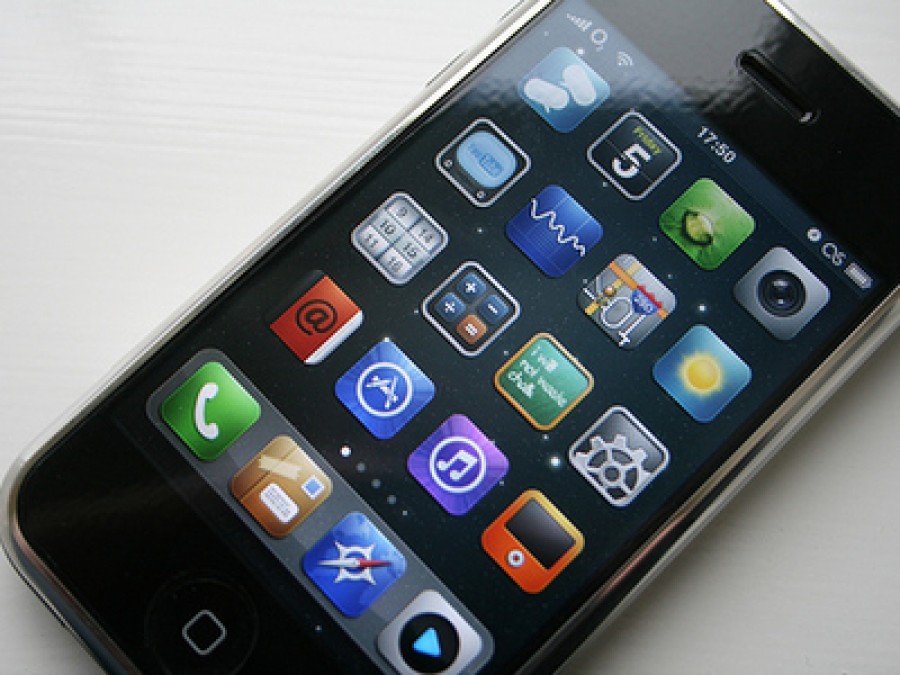Chicago competition seeks apps from government information
By Meghan Power

Chicago competition seeks apps from government information
By Meghan PowerThe CTA bus tracker will let you know how much longer you have to wait in the rain. The train tracker will tell you how fast you need to run to the station. Imagine an application that can tell you which stations have coffee shops nearby, or where this weekend’s block party is, or where your towed car ended up.
In an effort to solve everyday problems, and encourage the use of data made freely available by municipalities, a competition is pitting geek against geek to digitize government.
The Apps 4 Metro Chicago competition follows New York and San Francisco in the trend of city-wide app competitions. The competition, #A4MC in Twitter parlance, is the first to offer data sets from multiple government agencies.
Data sets are lists and data made readily available by municipalities. A data set can be hard read or access for the average user such as skimming through a lengthy list to find out where a car was towed to.
Competitors have 125 data sets to work with from the city, 48 from the state, and 10 from Cook County. The available data ranges from the salaries of public employees to the location of police stations, forest preserves information to tourism data.
The competition is sponsored by the Metro Chicago Information Center, in partnership with MacArthur Foundation and Motorola Mobility. The first leg of the competition kicked off early Friday and submissions for the transportation challenge close just before midnight on August 15 –a tight deadline for developers.
“There has been a call for open, transparent government data for a number of years,” Virginia Carlson, president of the Metro Chicago Information Center said. MCIC is hosting the competition as the hub of information and data.
The MacArthur Foundation is offering over $50,000 in prizes and Motorola Mobility is chipping in another $10,000. Other partners are the Chicago Community Trust and the Illinois Science and Technology Coalition.
Built into the judging criteria is the long-term usability of the app and whether it will have legs and business sustainability, Carlson explained. Other judging criteria include functionality, creativity and usefulness. The competition has three main parts – the transportation, community and grand challenge.
Fabian Bustamante, associate professor of electrical engineering and computer science at Northwestern University, foresees the biggest problem being the time constraint.
“Developing a basic barebones app is relatively easy to do in a few days,” he said. “Smoothing out the user interface, that’s where the time will go.”
A4MC isn’t limited to just the people behind the code. Community members with an idea for an app or a problem an app can solve, are able submit ideas on the competition’s website.
“We’re having virtual and actual conversations between the code writers and community to bridge the divide in order to build apps,” Carlson said. She added that MCIC will be moderating conversations between community leaders and developers. That way the app design will be both human centered and community realistic for any problems.
Bustamante called these meetings a “silver plate” for developers. “One of the problems you run into is having an app that has social impact.” By bringing the community leaders into the conversation, the developers will have an immediate audience for the app.
Correction: A previous version of this story had misspelled the MacArthur Foundation, a partner in the competition.